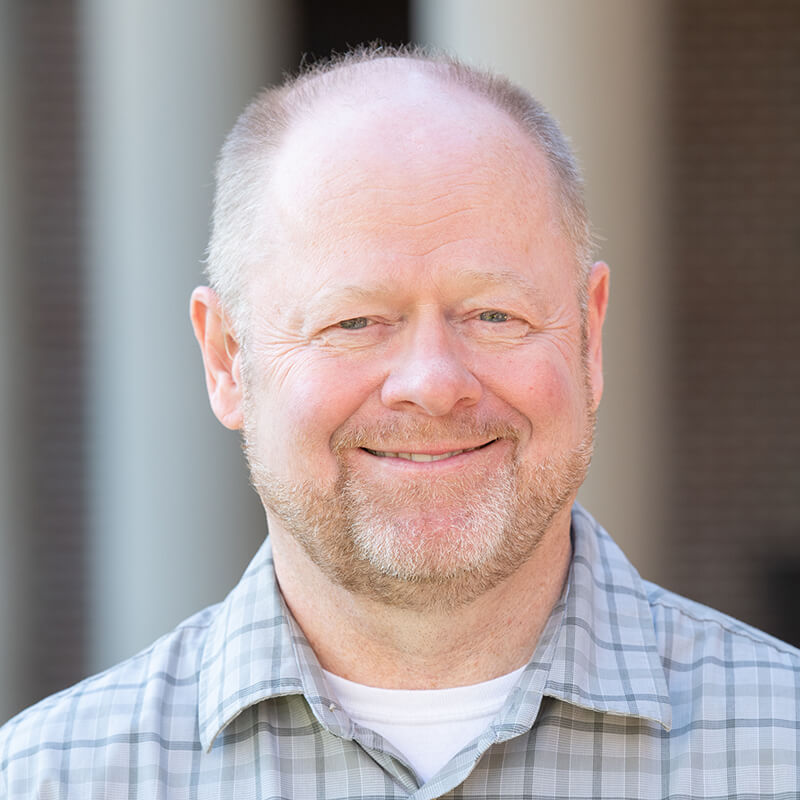My life experience had not prepared me for my first panic attack at age 52. I grew up with a father who was 100% Norwegian. And up until age 50, I was a good stoic Norwegian. My theme song was Simon and Garfunkel’s “I am a rock.” My emotional vocabulary was quite limited. When asked how I was feeling, I responded either “good” or “bad.” For me, negative emotions were to be ignored or suppressed.
After a series of tragedies in a short period of time, my anxiety and fear grew to an unavoidable, life-altering level. These emotions were powerful, and I realized that I was unprepared to deal with them on my own. This lead me on a journey to understand the physical, psychological and spiritual impact anxiety. With the help of my physician, a Christian counselor, and Scripture, I found treatments and coping strategies that helped me conquer my anxiety. You can read more about a particularly helpful scripture in another blog.
Control
One of the first questions that my counselor asked was, “Could your anxiety be a control issue?” In my broken state, I was open to this possibility even if it seemed far-fetched at the time. Since that first counseling session, I’ve become convinced that my desire to control the future fueled my anxiety. This quote from Khalil Gibran captures this well: “Our anxiety does not come from thinking about the future, but from wanting to control it.” It seems to me that people are like verb tenses; they tend to live in the past, present, or future. If you live too much in the past, you will be prone to depression. If you live too much in the future, you will be prone to anxiety. You must visit the past to learn from it. And you must visit the future to plan for it. But if you live in either, you rob the present of its joy. My preoccupation with controlling the future indeed fueled my anxiety.
Limits
It is helpful to know our limits. Unfortunately, our perceived limits are often different from our actual limits. When I was a teenager, my perceived limits went well beyond my actual limits. Because I considered myself invincible, I was reckless with my actions. When I began to experience anxiety, my perceived limits began to shrink. My comfort zone grew smaller and smaller until I felt paralyzed by fear. I was afraid to try new activities and even some of the old ones scared me.
I underestimated my ability to solve problems. Even though I previously considered myself an optimist, I started to become pessimistic about the future. I began to anticipate what could go wrong: “What if…?” I would overestimate the difficulty of these possible dangers. At the same time, I would underestimated my ability to deal with them. I used catastrophic language to describe the future. The more I entertained anxious thoughts, the more my perceived danger zone grew. I quickly moved from a sense of helplessness to a sense of hopelessness.
Scripture
As I studied the numerous Bible verses about fear and anxiety, I found it helpful to meditate on their meaning and application. The Hebrew word for meditate is hagah. It means to ruminate and is used regarding a cow chewing its cud or the human mind thinking deeply about something.
Our minds tend to ruminate. In fact, we have a default, a theme to which our minds automatically revert. We often try to keep our minds busy to avoid this default. But in times of quiet, we find our minds ruminating on the same themes.
Meditating on God’s word helps us hold onto His eternal perspective, His ability, and His promises. Isaiah 41:10 is one verse that I have found comfort in.
Professional Help
At Northwestern, we believe in the integration of faith and learning. This means various fields of study like psychology and medicine should complement the truths that I find in Scripture. So when addressing the challenge of anxiety, I found great help in the fields of psychology
In my research, I learned about how God designed your mind and body to react physically to danger in order to handle extreme situations. When this happens occasionally, the body recovers quickly. But chronic fear takes its toll. Those who struggle with anxiety are more susceptible to high blood pressure, heart disease, immune deficiencies, diabetes, and cancer. Anxiety is not only self-destructive but it negatively impacts those around you.
I sought treatment through medication (Xanax) and counseling. I found Cognitive Behavioral Therapy to be especially helpful. With this method, you learn how to identify the false thoughts that give rise to anxious feelings. Once those faulty thoughts are identified, they can be challenged with the truth of Scripture and science. The good news is that our brains are more malleable that we have thought. We can actually rewire our brains by creating new circuits and weakening old pathways. But, it takes intentional effort to change our thinking.
We often say thing to ourselves that we would never say to someone else, but we can actually stop being our own worst critic and became our own best coach. We can replace our negative accusations with positive affirmations. And there is nothing wrong with this kind of self-love. Jesus, in fact, seems to assume it in the second greatest commandment: “Love your neighbor as yourself.”
Anxiety-fighting Habits
Psychology has identified multiple ways to prevent anxiety. Avoiding caffeine and alcohol can help along with regular exercise and healthy eating. I find that exercise helps to burn off the nervous energy that is often the catalyst to my anxiety.
Regular sleep is also helpful in preventing anxiety, but if you already suffer from anxiety, good sleep is evasive. Fortunately, there are techniques and strategies that help to facilitate sleep. I find it helpful to unplug from television and social media about 2 hours before I go to sleep. During this time, I listen to Christian music, stretch, and pray. If I am feeling anxious, I will read Scripture and claim God’s promises. With this routine of winding down, I find that I fall asleep much easier.
In dealing with panic attacks, I have found several strategies to be helpful:
- Remember that the feelings of panic are only temporary and not life-threatening.
- Move around and talk to others.
- Slow down breathing and practice progressive muscle relaxation.
- Use the five senses to focus attention on external objects. This distraction helps me to get out of my head and into a non-threatening reality.
Optimism
As I mentioned previously, my anxiety caused me to become more pessimistic. To help me recover my optimistic outlook I read Martin Seligman’s Learned Optimism: How to Change Your Mind and Your Life (2006). In this book, I learned that optimism is more than just positive thinking; it is an explanatory style.
Everyone encounters daily setbacks, but people explain these difficulties differently. For a pessimist, difficulties are personal, pervasive, and permanent. With this explanatory style, we are left feeling helpless. For optimists, difficulties are external, specific, and temporary. With this explanatory style, we are left feeling energized and ready to tackle the next hurdle.
Optimists tend to have less illness and live about 8 years longer on average. Psychologists have also observed an overlap between pessimism, anxiety, and depression. I’ve worked hard to relearn optimism. I like this quote: “Stop being afraid of what could go wrong and think about what could go right.”
Gratitude
Along with rediscovering optimism, I’ve rediscovered the benefits of gratitude. Gratitude is the quality of being thankful and expressing appreciation to God and others. Instead of focusing on what we don’t have or may never have, we celebrate all that we have in the present moment. Gratitude not only provides psychological and physical benefits but it blocks toxic emotions such as envy, fear, regret, and depression. By taking moments throughout the day to count our blessings, we are contributing to our physical and psychological well being.
I hope my experience provides some help for you or a loved one who is fighting anxiety. As Christians we can benefit from all of the treatments and knowledge that science provides, in addition to the immeasurable peace and healing power that comes from God. Whether dealing with anxiety or another mental health challenge, there is hope and you are not alone.


